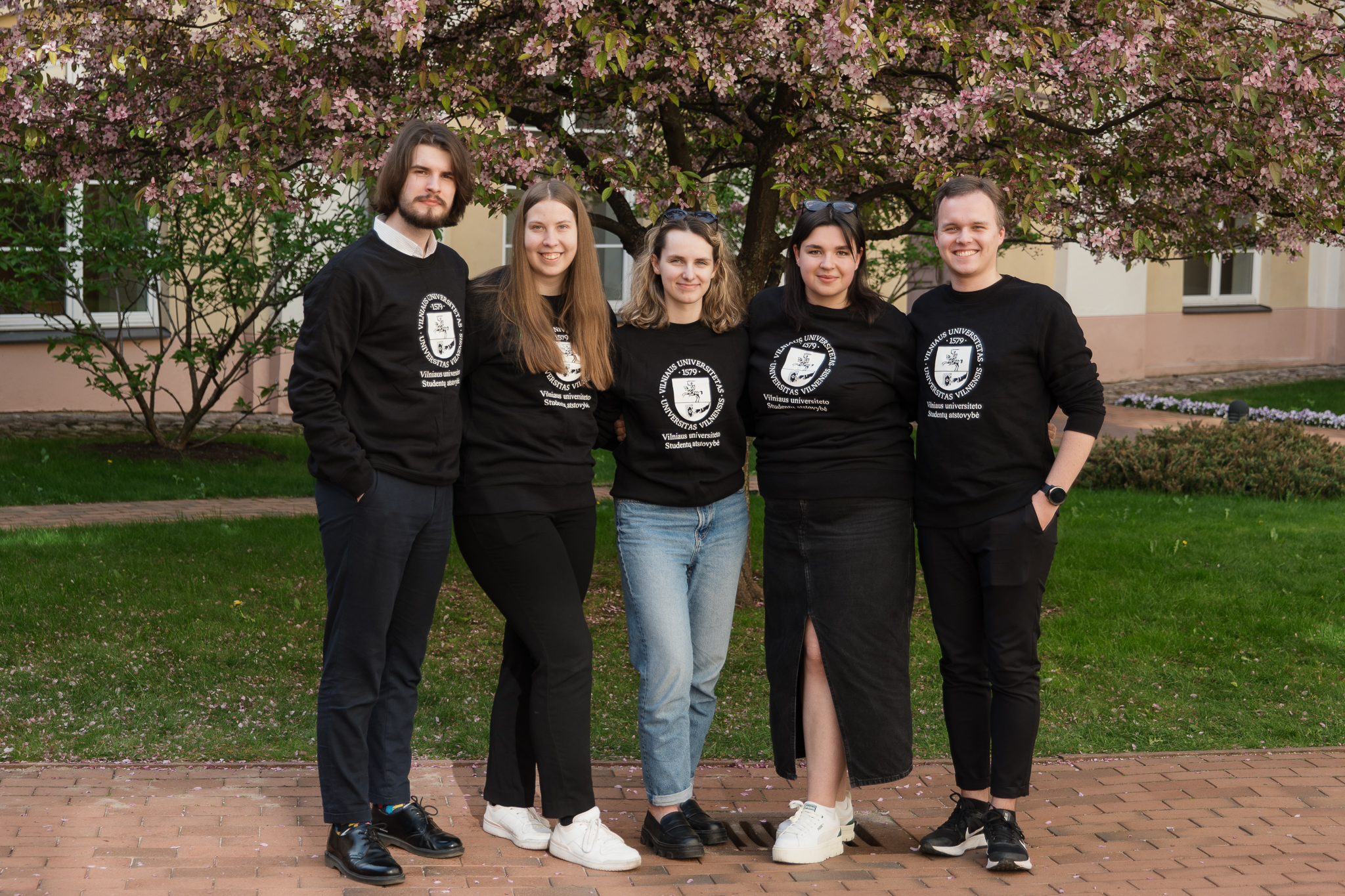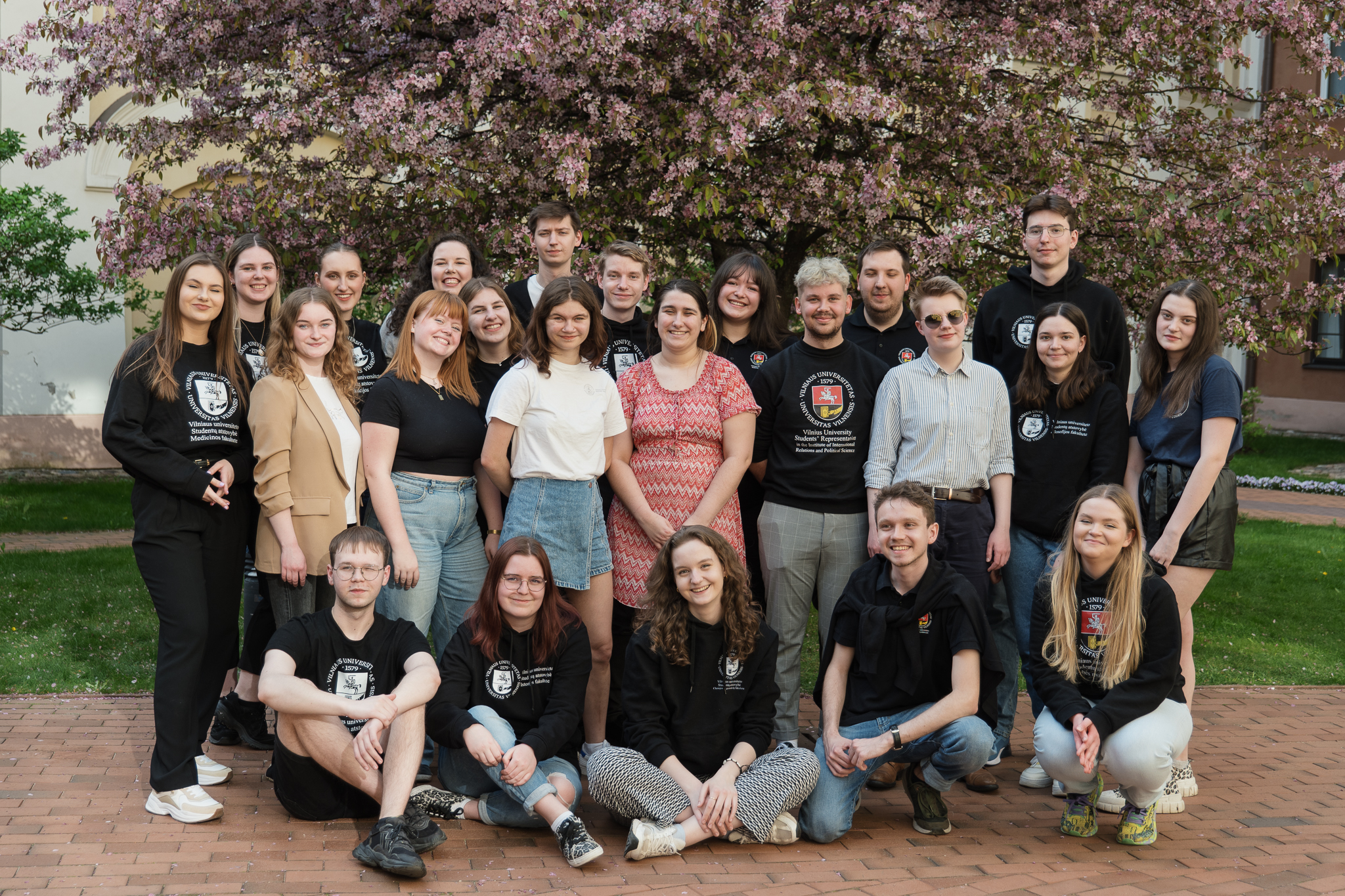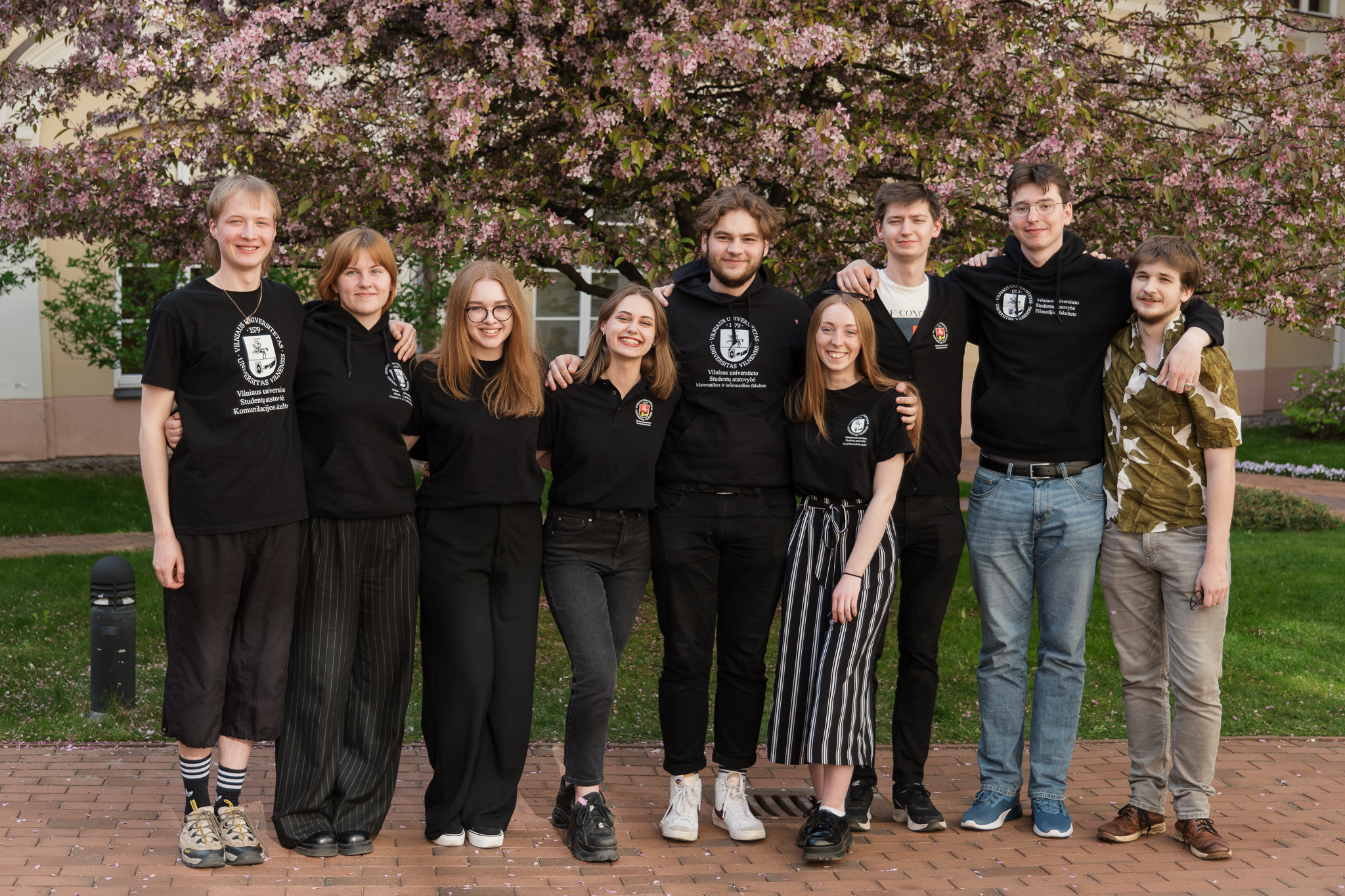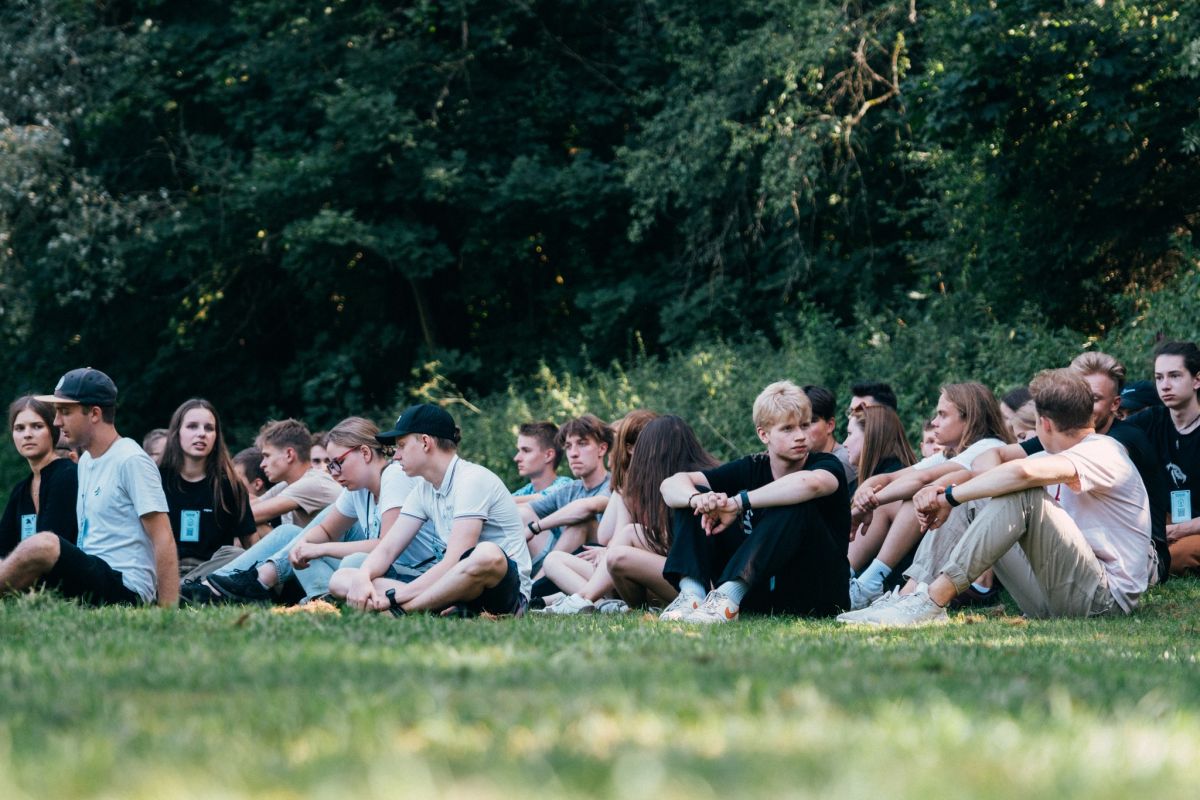Every year education sabbs and their rep or voice coordinating staff set off on a journey towards improving their rep system.
Sometimes it’s about training, sometimes it’s about communication – maybe it’s persuading the university and its staff to support the system better, and maybe it’s a review of the incentives and support.
But as we’ve noted on the site before, it might be something more fundamental – asking deeper questions about the relationship between academic societies and reps, asking how many a given “system” really needs, or questioning whether it makes sense to cling to the principles of democratic selection.
Some of those deeper changes are often hard to implement. Most rep systems are jointly owned by the university and SU, and it’s often the university’s quality managers – concerned about Office for Students (OfS) or Quality Assurance Agency (QAA) compliance – that can be blockers to change.
I often talk about the importance of thinking about and shaping the scaffolding in a system like course or programme representation – and an email that came in last week is good reminder.
Your reps click here
The Vilnius University SU report for 2023-24 is a cracking bit of work, showing off the work of the tiny group of staff and officers in delivering change for students.
There’s been work on sustainability in freshman camps, student counselling, academic ethics, a translation working group for international students, doctoral student mentorship, prayer rooms, and the formation of a working group for open science and studies.
There’s important updates in their big student experience priorities – high-quality studies and an environment adapted to students, strong organisation and a harmonious university community. It also has this silly photo of me in it from when we went to visit on our Study Tour early in the year.
But as well as all that, there’s a reminder that the SU’s work is built on its “units” – what are effectively mini SUs that represent students within each of the university’s fifteen faculties. The report includes and updates on the agenda of each of them.
That their system is like many in others in Europe – effectively combining voice and academic society functions – isn’t surprising.
What is interesting is that when you click on web buttons that are marked “reps”, “your reps”, “your representatives” or “representing you”, you’re never taken to a page with individual faces on it – you’re taken to images of groups.

Underpinning the system are both a specific number of rep roles per course (per year) as well as other roles that help coordinate activity (or just… help out). But there’s no sense that you’re applying to undertake a role all on your own, and where the responsibility lies only on your shoulders.
The sense instead is that you’re joining a team of people who undertake all sorts of activity to ensure that students have a great time on that programme.
Folded arms
I’m reminded of this because of a conversation I had with a pro-VC earlier in the year.
She was newish in the post, and like many other PVCs, had shifted from a kind of passive “rewrite the policies” role to a more active role of targeting particular schools with poor NSS or outcomes statistics.
She’s said that the SU and its sabbs were very supportive of the change she was trying to get through in the focus departments.
“But there is a problem”, she said to me. “The sabbs are great – but none of them are from that department, and when we go in there we get a group of academics with folded arms who don’t want to change. I need a group of students with a similar level of passion about changing things who are in there.”
I of course asked if there were reps – and sure enough, there’s one per year per programme who are being selected/elected on time and are offered the training. But she wanted – needed even – some power in those schools.

Other things regularly strike me. It remains the case that plenty of SUs still treat and train their reps as if part of their core job is to gather feedback and present it. That seems like a very inefficient way of gathering feedback – and some will talk of instead being focussed on working on the feedback that comes in through metrics and surveys and converting it into change. But that usually needs folk to work with.
We know that reps often feel lonely, and appreciate getting together – especially with those engaged in similar subject areas – but that that often comes too late in the year.
We know that rep coordinators can often feel isolated and overwhelmed, especially when one person is supposedly supporting 1,500 volunteers. There’s a sense that one rep flaking off from their SSLCs should be something noticed and addressed by one rep coordinator at the centre – however unrealistic and unlikely that is in practice.

We also know – if we’re honest – that not only do many reps never achieve the “change” that we say they are supposed to be able to “make” – sometimes that’s largely because the changes they want to see are not really allowed to be made happen at the level they represent.
And even if they do get changes through – often it’s nigh on impossible to capture that, communicate it back to students and close the fabled “feedback loop” that many talk of.
Change over time
Maybe one day there’s a case for seeing the work of academic societies and reps as one – addressing the complexity of membership, which staff support them, how they are governed and so on along the way. But if that feels hard or complex, there is a simple trick.
Never, ever, refer to the rep roles as singular. Always – when communicating to students, to schools (or departments or whatever is closest to subject level) or reps themselves – refer to the group.
Organise their training in groups. Present framing stats like NSS results in groups. Get groups of reps to develop a long term agenda that they can present to and and work on with the staff at that level. Invest in a day our or a rezzo – for each group.

There’s something really important about that first episode of The Apprentice in each season. Let them pick a name, and let them design a logo. When a group is asked to form an identity, it gives them power.
Once they’re working together regularly, often without your intervention, slowly give them duties. Suggest that each should be organising some kind of academic event once a year with the staff in their department.
Ask the group to consider the seven “key functions” model and identify a project in one of them that you can help with. Get them to appoint a few people to run point with you at the centre – perhaps by having a President or coordinator.
- Representation – coordinating student representation at a school or subject level both on an ongoing and specific project level in a way that is more likely to be framed as evaluation than just “voice”
- Social – events and activities less focussed on clubbing or wristbands than we might see in the UK
- Welcome – mentoring small groups of students to create and foster belonging
- Becoming – helping students in a subject area to understand the things they need to know and do to be successful with events, talks, handbooks and even apps
- Advocacy – Helping students to both distribute information to others about their rights, but also volunteers taking some of the case load from advice professionals, helping solve smaller problems before a later crisis emerges
- Confidence – providing peer developed and delivered study skills and assessment support activity aimed at getting students to the finishing line
- Careers – developing smaller and more subject-focussed activity that gets students are more likely to turn up to
Over time, devolve duties. Give them specific things to do over promotion of the system, or communication of their wins. Give them a devolved role during Welcome Week that’s about building belonging in a way that works for Engineers, or English students. Give them a budget – never as individuals, always as a group.
As their confidence as a group grows, start to address the overlaps with academic societies, and the ways in which they would like the “rep system” to change to suit their faculty or school’s way of working. Have photos of the groups on the website.

Make it clear that while maybe the university wants to see one rep per year per subject officially, they can recruit more students to do more things. Also make it clear that if one rep in the official structure is missing, it would be cool if they could take on filling that gap.
As it grows, work with them on a year-plan and development activity that slowly grows confidence and engagement in a way that’s driven by them.
And then give years later imagine how easy it will be for rep coordinators to actually coordinate – and how the new system will fit neatly into a renewed democracy and representation system that is build from the student up rather than the consultant down.
The point is that the UK system is weirdly obsessed with hero individuals – a dangerous thing when the time to be a hero is in short supply. But even if you find heroes with the time, or pay them in cash – you’re still left with the problem that we find power in groups.
Students are more likely to join groups, groups are likely to spot common problems, groups can develop an agenda and a plan, and it’s a group that’s likely to self-sustain.
Never ever again think of or treat reps as individuals – and they may well end up the change your strategic plan wants them to be.


















